The 10th BJIFF
International Academic Forum on Cinematic Arts—Persistence and Innovation: A New Journey of Chinese Films in the New Era Held
On the afternoon of August 28, the International Academic Forum on Cinematic Arts—Persistence and Innovation: A New Journey of Chinese Films in the New Era of the Beijing International Film Festival ? 27th Beijing College Student Film Festival took place at the Beijing Yanqi Lake International Convention & Exhibition Center.
The guests present included Lu Chunyan, Secretary of the Party Committee of the School of Arts and Communication, Beijing Normal University and Executive Vice Chairman of the Organizing Committee of the Beijing International Film Festival ? 27th Beijing College Student Film Festival; Dong Runnian, a young director and screenwriter; Li Xiaofeng, a young director and screenwriter; Aarif Rahman, a young actor; Zhao Ji, a young animation director; Wang Ran, a young director; Bai Xue, a young director and screenwriter; Han Jie, a young director and screenwriter; Takeuchi Ryo, a young documentary director; Peng Fei, a young director and screenwriter; Huo Meng, a young director and screenwriter, etc. The forum was hosted by Yao Miao, a senior film program hostess.
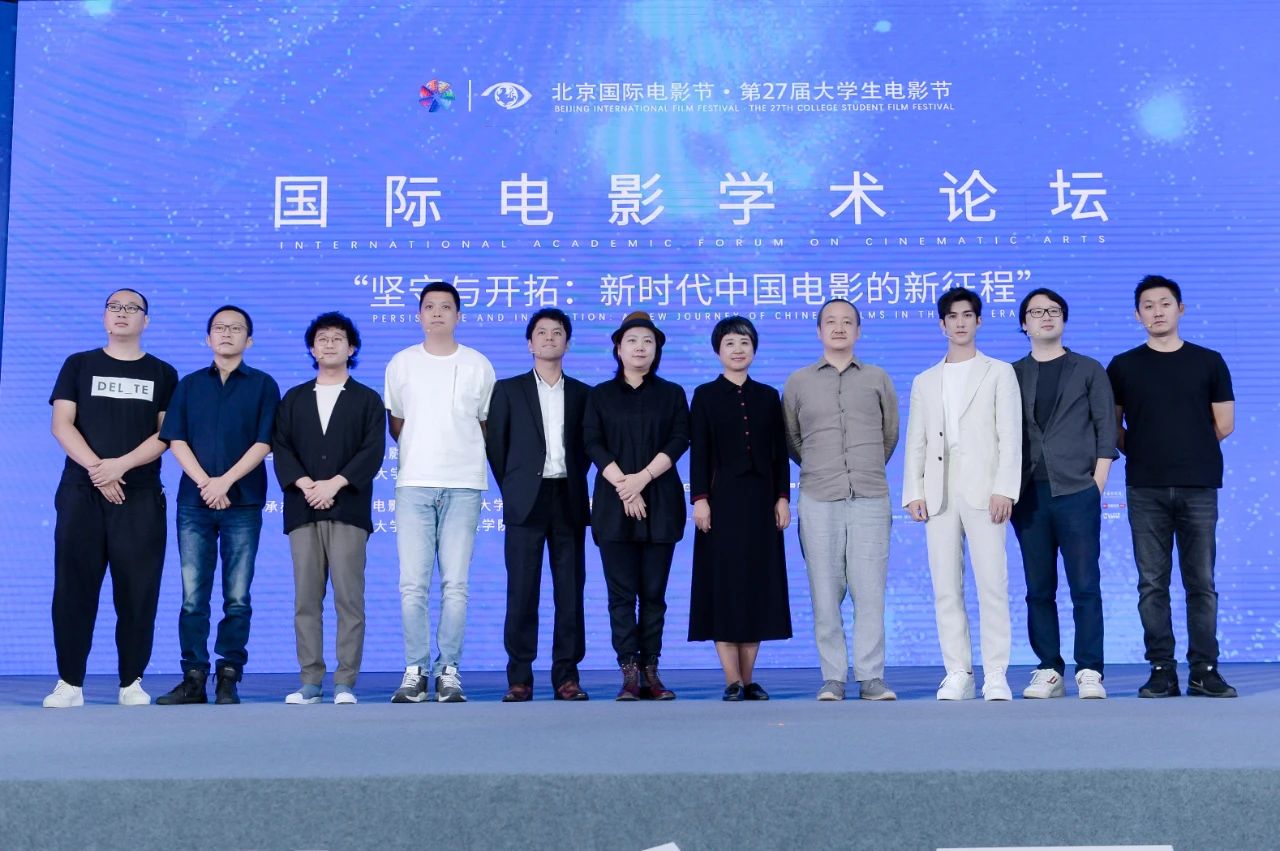
The forum paid great attention to the growth, creation status and future development of young filmmakers in the new era. It invited young filmmakers with great influence to share their creation experience, artistic characteristics and cultural thinking around the two major topics of "Genre Exploration" and "Artistic Expression" so as to find a new journey for the Chinese film industry.
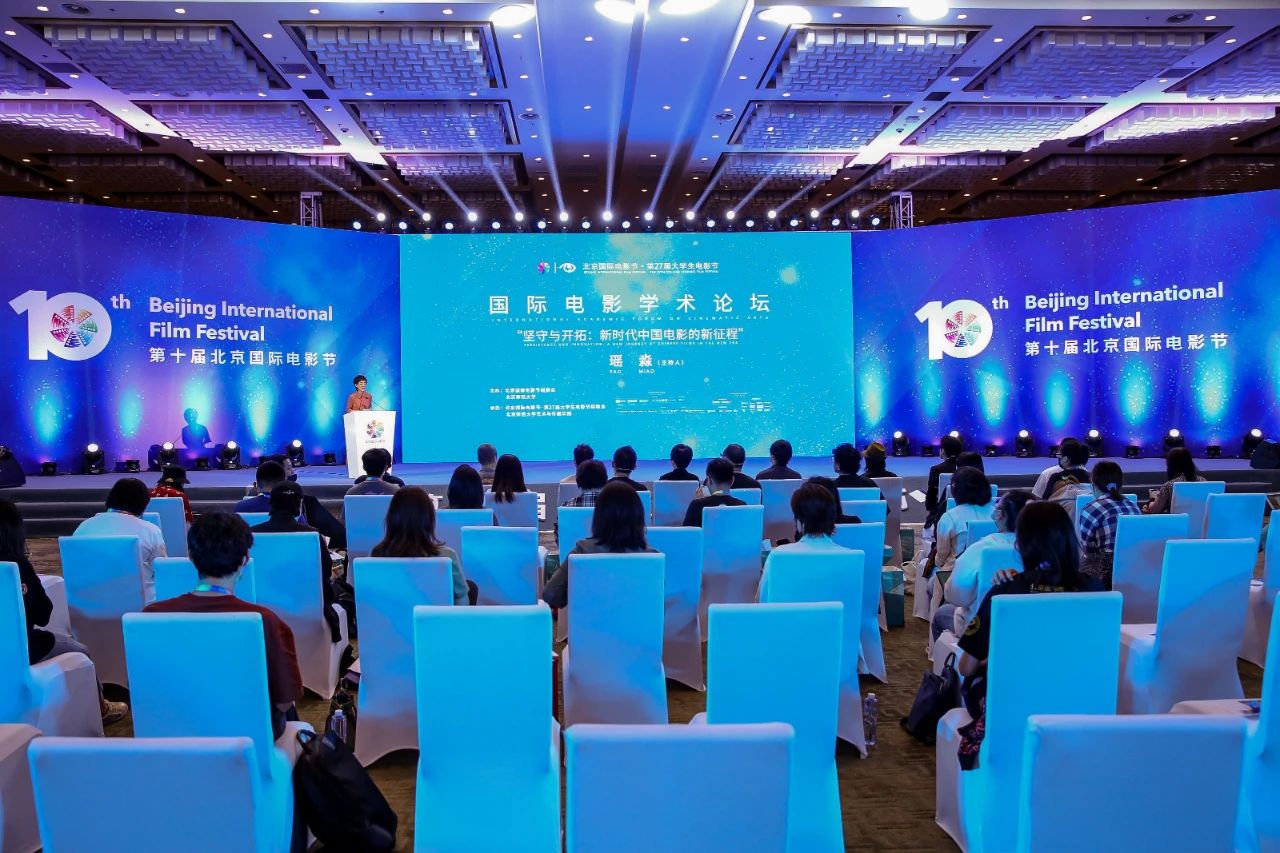
Lu Chunyan, Secretary of the Party Committee of the School of Arts and Communication, Beijing Normal University and Executive Vice Chairman of the Organizing Committee of the Beijing International Film Festival ? 27th Beijing College Student Film Festival, said in her speech that there are many outstanding young film talents and young screen images emerging in the Chinese film industry in the new era, and the focus of Chinese films on new blood has created a unique field for dialogues between young filmmakers and college students, which will promote academic researches targeting young filmmakers. At the starting point of the third decade of the 21st century, film workers, researchers and enthusiasts will explore new development paths for Chinese films and open up space for their growth from an academic perspective, so as to contribute to the innovative development of Chinese films and the building of a film power in the new era.
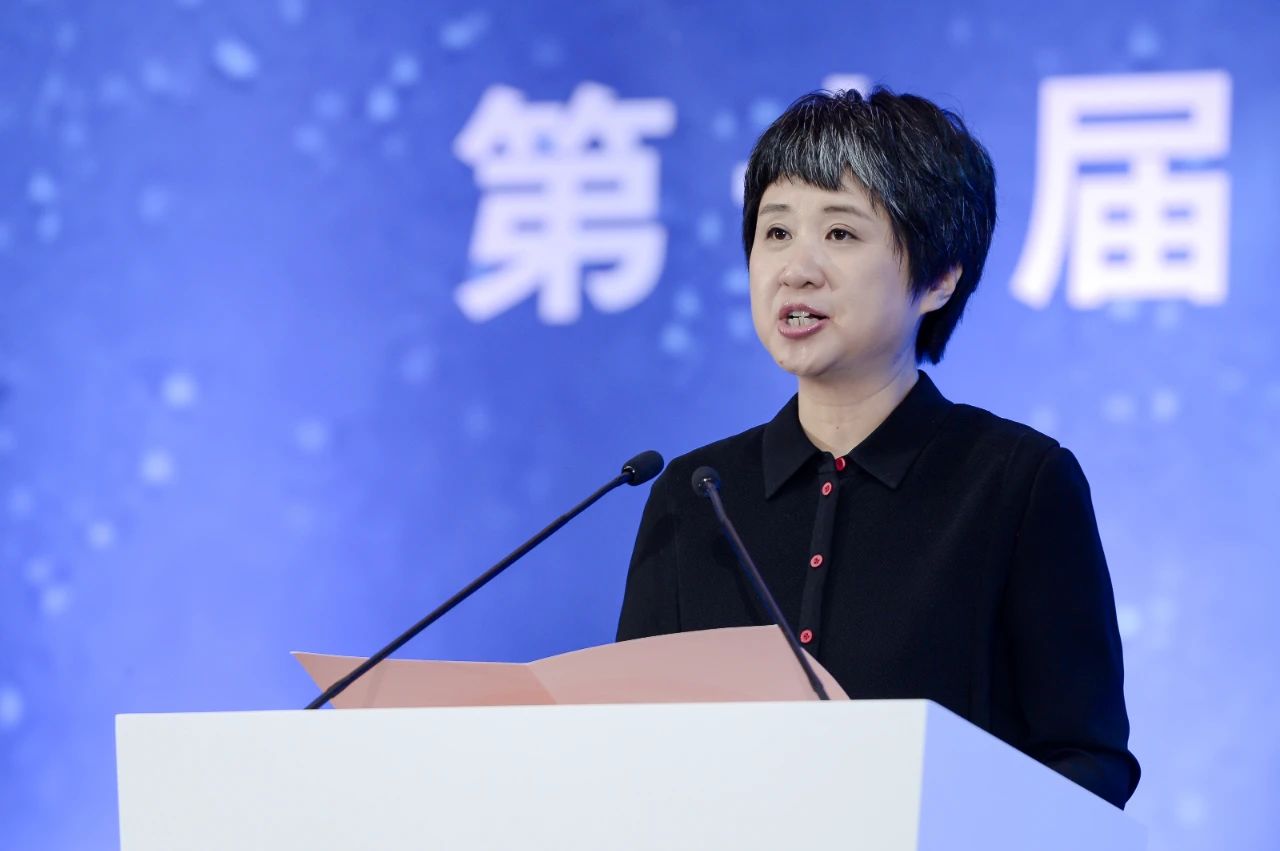
The first session of the theme salon revolved around "genre exploration". Dong Runnian, a young director and screenwriter, believed that "genre" is a covenant between commercial films with the audience and a psychological link to the audience during the years of development, adopting a relatively stable model and internal format for artistic expression to arouse the audience's emotions. Its "vital point" in creation lies in the study in and summary of the law of audience's reception psychology. Zhao Ji, a young animation director, said that genre is a concept born under Hollywood's industrial and commercial framework, but animation as a way of expression is not suitable to be classified as a "genre".
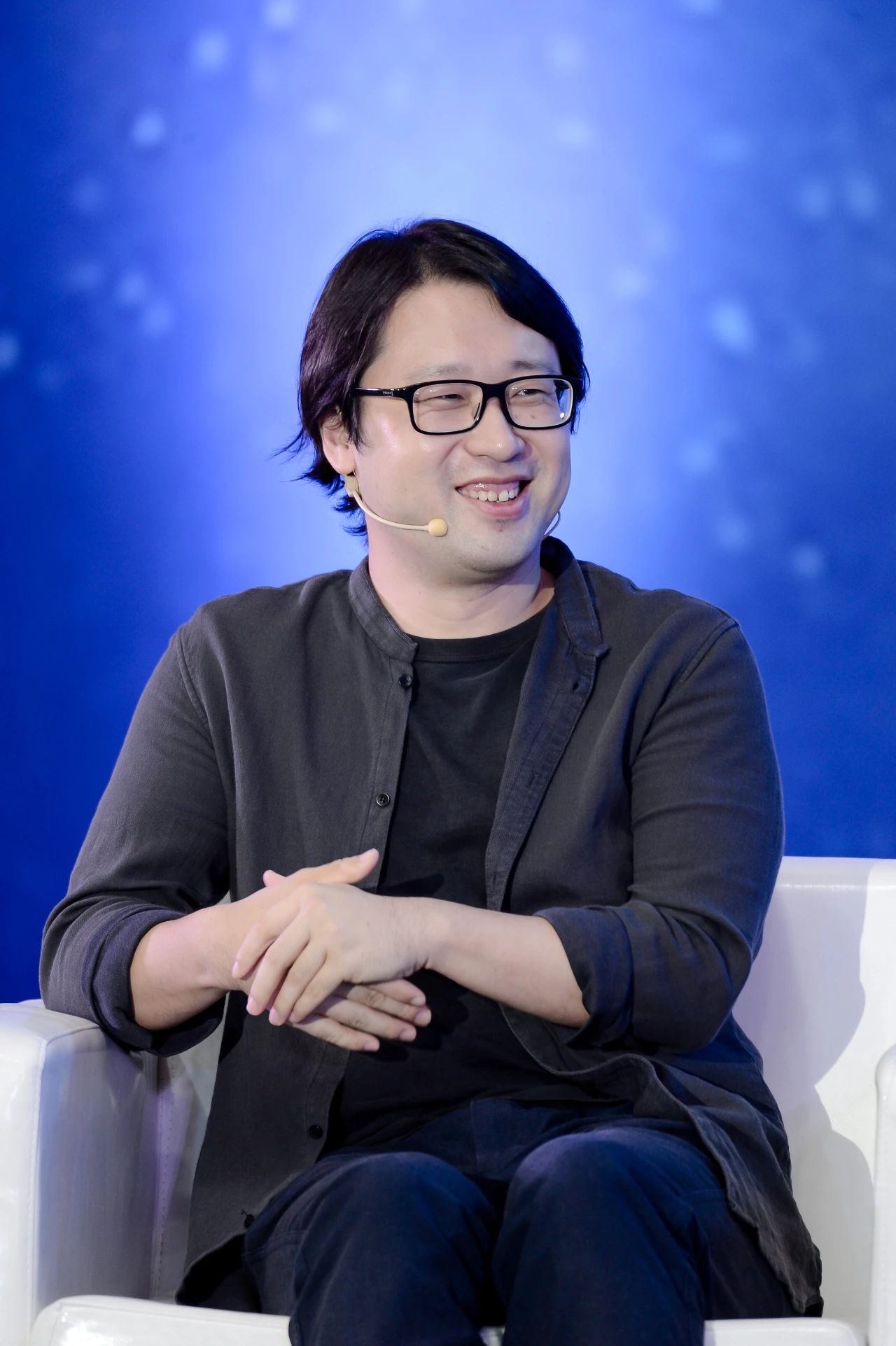
To young director Wang Ran, current genres tend to get diversified, with increasingly blurred boundaries, and a single genre may contain multiple elements. The young director and screenwriter Li Xiaofeng and the young actor Aarif Rahman expressed their optimism about the development of genre films, "This is an inclusive era when the audience has a huge appetite, which is a good thing for creators." For this, Dong pointed out that in the current film market, genres are not balanced or diverse, and there is a phenomenon of following the trend for popular themes. The update and upgrade of film technology has expanded the dimension of artistic creation and created more possibilities for the industrialization of Chinese films. The five young creators exchanged views on the current situation of the creation of Chinese-language genre films, and explored the expansion and changes of genre expression of Chinese films from young creators' points of view.
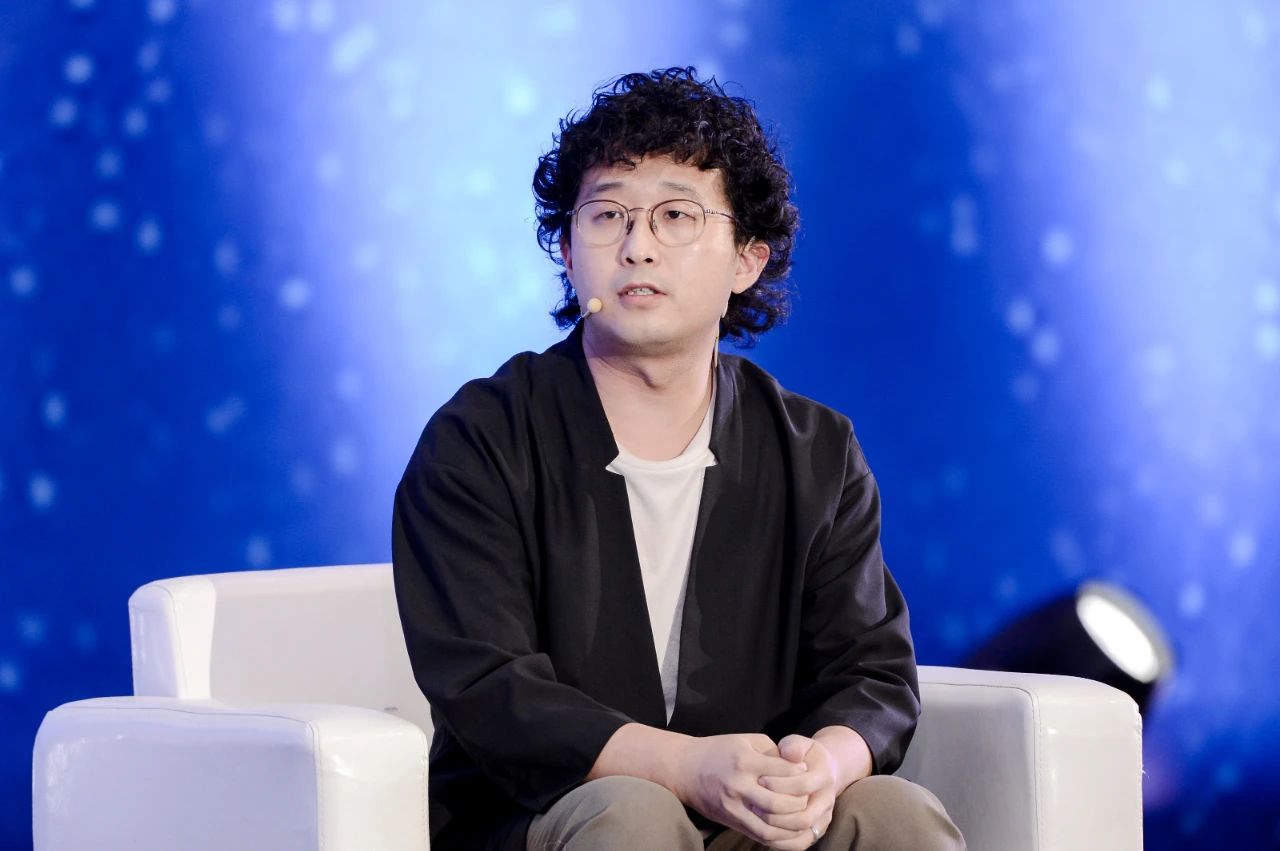
The second session of the theme salon was focused on "artistic expression". Young director and screenwriter Han Jie believed that intrinsically, arthouse films are of authorship and exploratory quality in terms of connotation, but extrinsically, use new structural methods different from genre films.
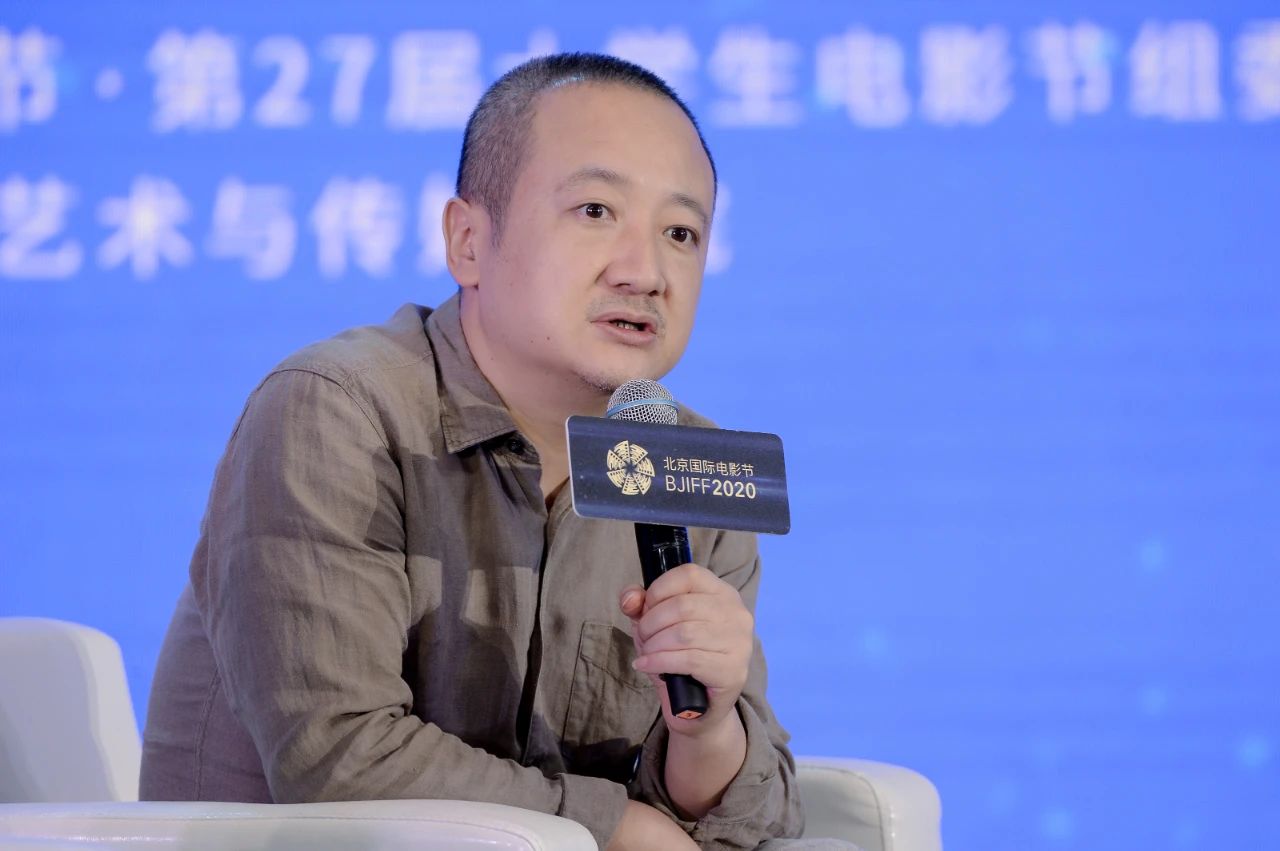
For young director and screenwriter Bai Xue, the film is an approach and tool to communicate with the audience, and directors and creators have had a clearer preference when choosing themes. She is used to "shooting documentaries with eyes", digging out real and moving moments in real life, and presenting them artistically in films.
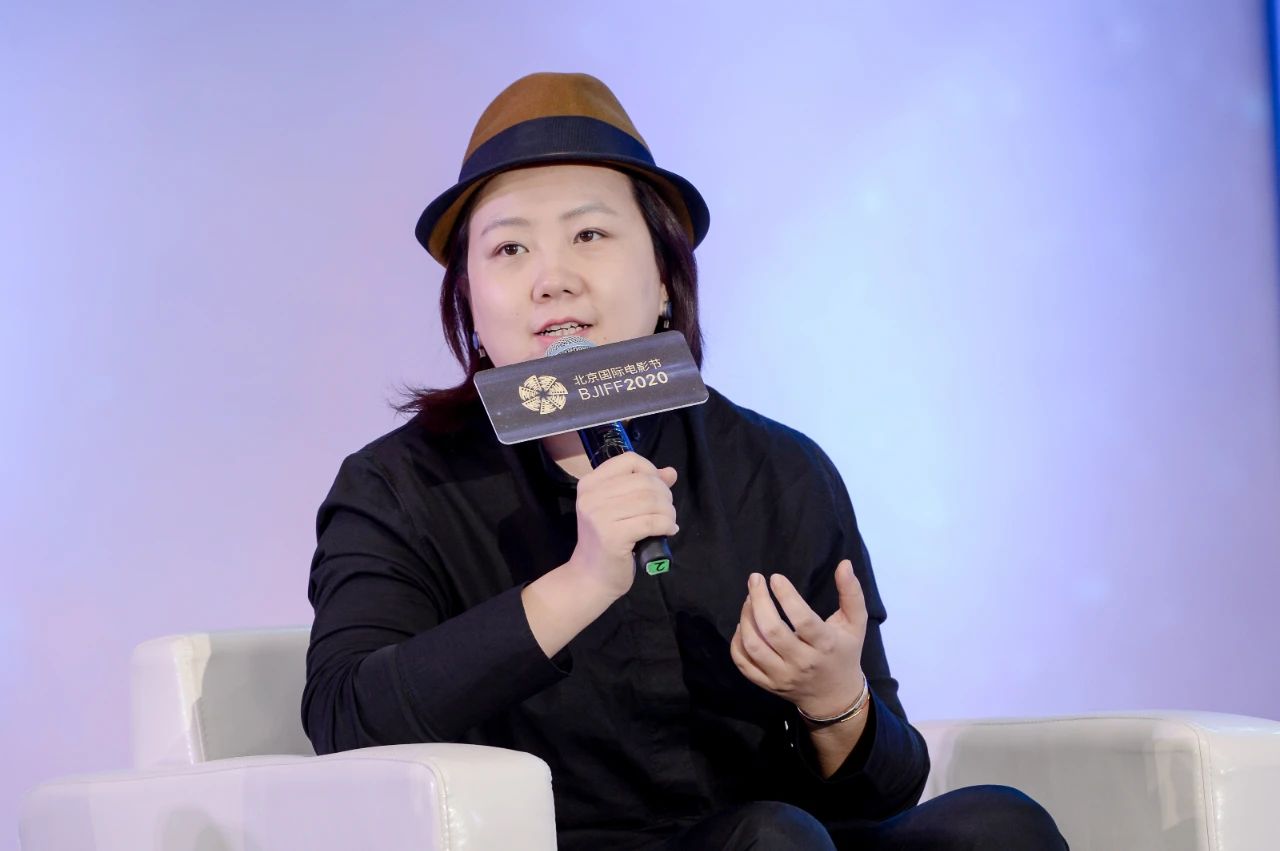
Young documentary director Takeuchi Ryo is accustomed to choosing a suitable way of expression based on the content of creation. The starting point of documentaries, science fiction films, and action films is put on real life, so restrictions on the theme are excluded from consideration. In the eyes of the young director and screenwriter Peng Fei, the core of creation lies in the presentation of problems, the communication of ideas and the inspiration to audiences. There is neither difference among arthouse films, commercial films, and genre films, nor need for balance. Huo Meng, a young director and screenwriter, believed that the richness of movies is first of all about the richness of perspectives. Identifying with the living conditions and spiritual worlds of different groups can broaden the vision and emotional worlds of creators and audiences.
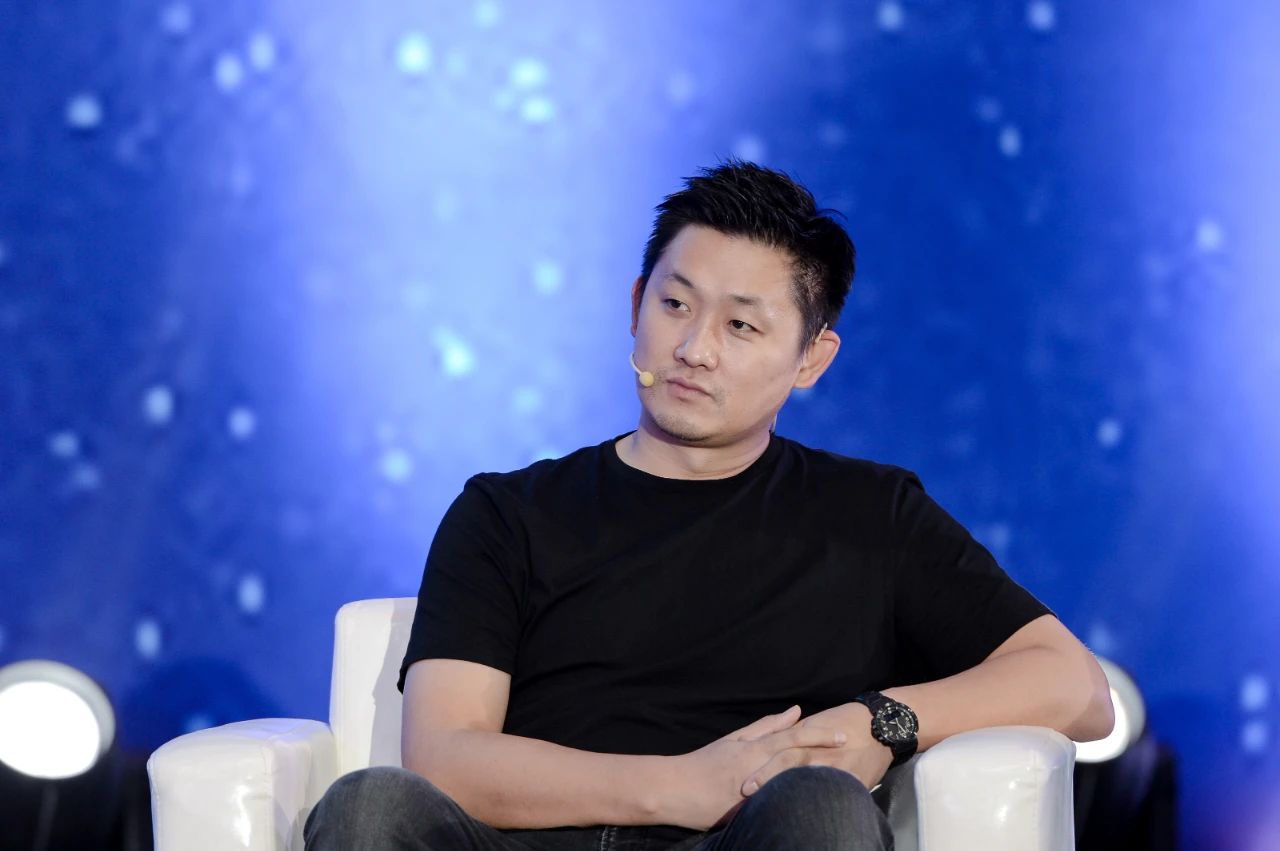
At the forum, the young creators shared their experiences and exchanged their views on the development trend, cultural significance, value expression, and creation characteristics of Chinese films in the new era. Also, they looked forward to the future of Chinese films from the perspective of a new generation of art creators, showcasing the cutting-edge ideas and youthfulness of young film authors.
